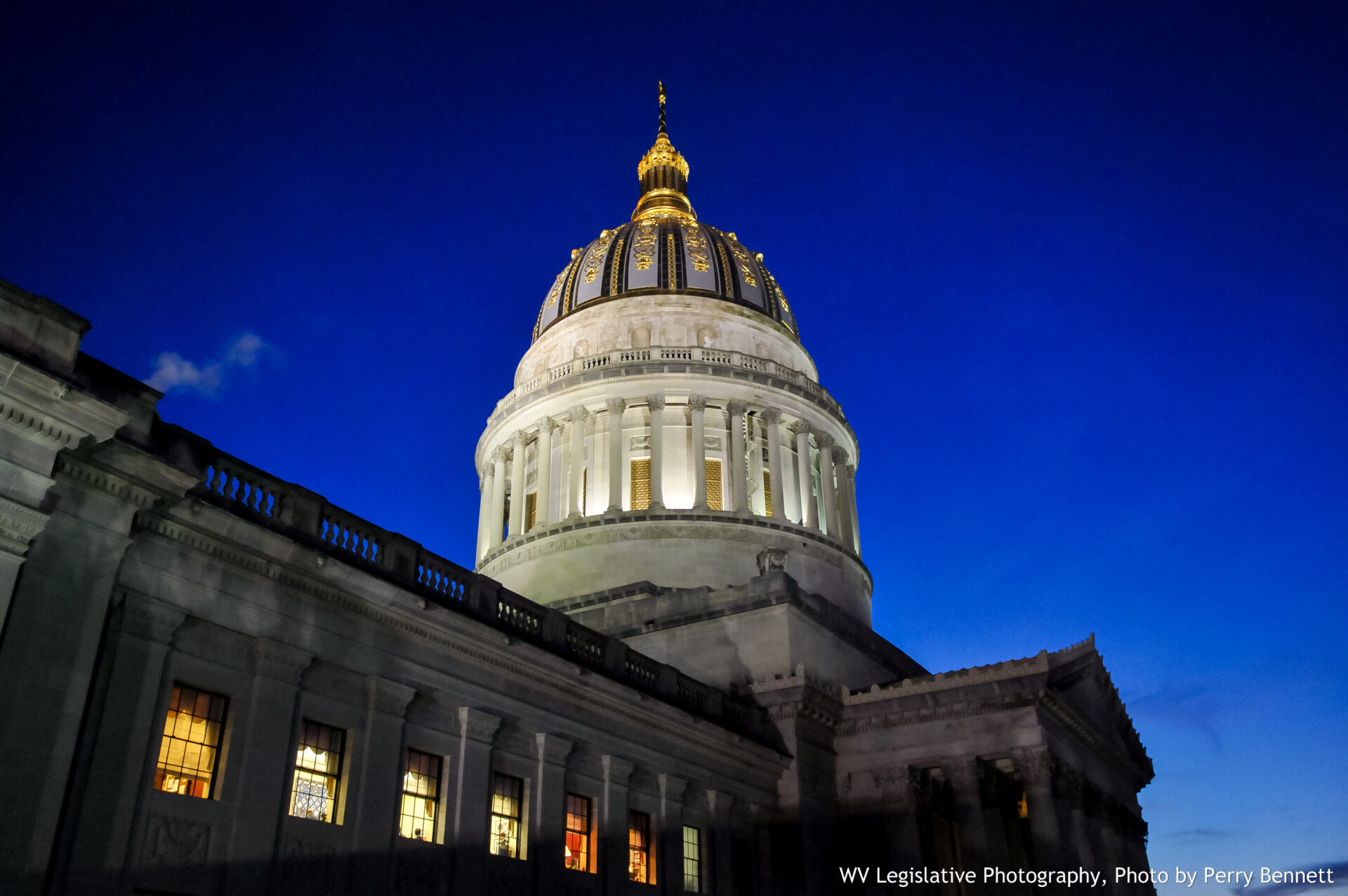The role of home schooling in the neglectful death of a 14-year-old continues to draw questions and concerns.
Gov. Jim Justice was asked at his regular briefing Tuesday if he believes there needs to be more oversight of home schooling in West Virginia following the death of Kyneddi Miller in April.
He estimated there are about 27,000 students being home schooled in the state.
“If we don’t watch out, a lot of these kids are just going to fall through the cracks and everything,” Justice said. “We’ve got to have a little oversight.”
Justice said his time left in office is short, but that he will “run through the finish line” on any issue relating to children.
“Nobody wants to infringe upon our freedom, I am absolutely standing on top of the mountain to say I don’t want that,” he said. “Do you understand me? I don’t want us to infringe upon our freedoms in this country. I mean, my God, what’s going on with the Biden administration today, they’re trying to absolutely just take everything.”
He said everyone involved in the Miller case dropped the ball, but touted the strides the state has made towards improving its Child Protective Services, including response times and placements with relatives
Child Care
Justice was also asked about the state of child care in the state and the possibility of legislative action to address a $23 million shortfall in the industry. The governor expressed a desire for a child care tax break to be on the agenda ahead of the May special session, but no such bill was taken up by either chamber.
“We sent up a tax cut in regard to childcare, and just got blown off,” Justice said.”We need to face that.”
Justice said child care is an “off the charts” important issue for attracting a workforce to the state, and said those running child care centers are “caught in a pickle.”
“Rules in COVID put some real money there. The rules change. We all know that, and now the money’s dried up,” he said. “On the other hand, what you’ve got is families that are paying for child care that is astronomical. It’s just unbelievable how much they’re paying, and we need to address it.”
Justice said the state cannot move forward without proper child care and that he would do his best to address the issue.
